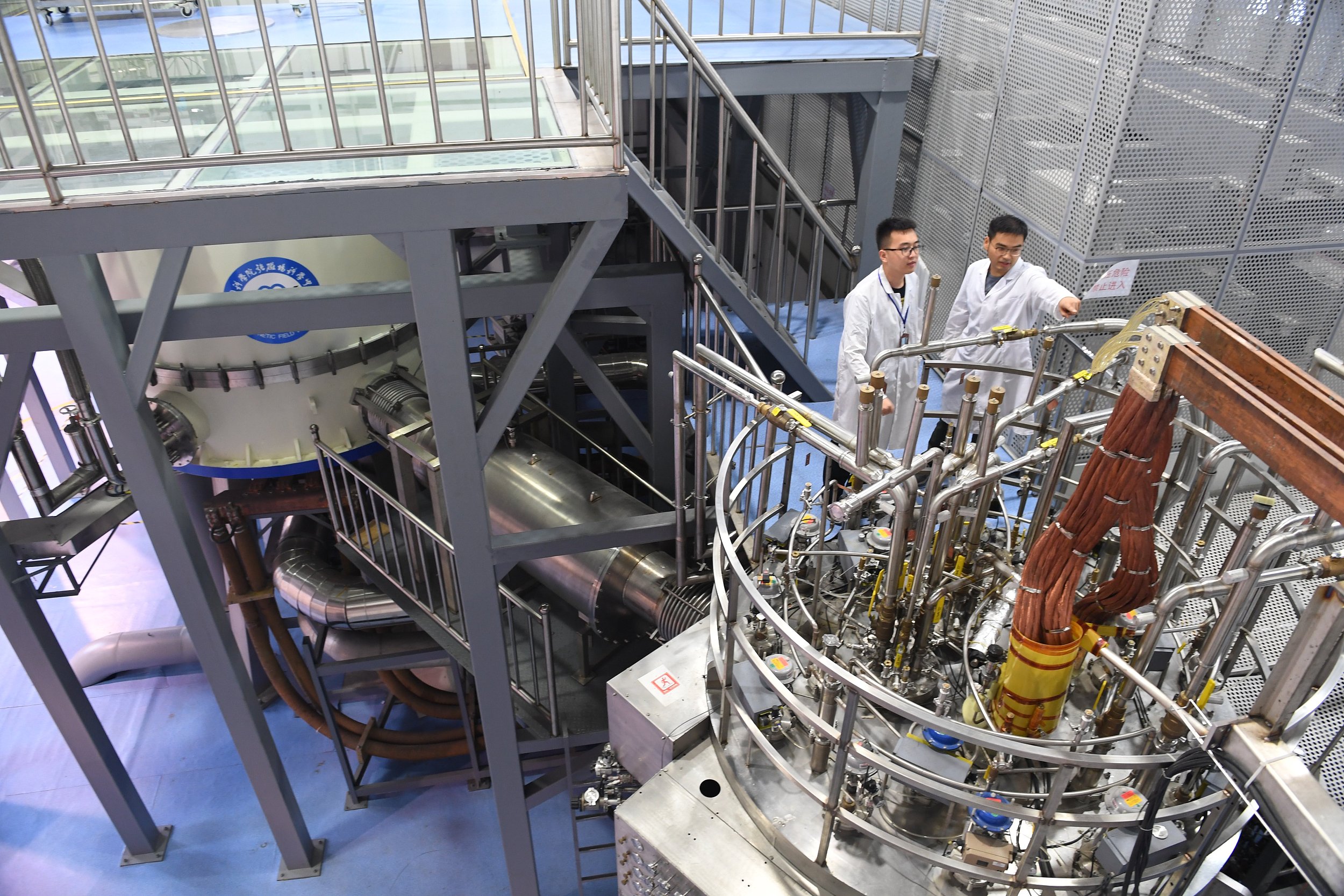Black Tea: China's Gift to the World

A cup of black tea and tea leaves. (PHOTO: VCG)
By ZONG Shihan
Black tea originated in China and spread to the world. Today, it accounts for more than 80 percent of the global tea market.
Zhengshan xiaozhong or lapsang souchong is one of the earliest known varieties of black tea with a history of more than 400 years. Legend has it that it developed when a group of soldiers slept overnight on tea leaves freshly picked by farmers in the Wuyi Mountain, Fujian province. Their body temperature caused the leaves to oxidize, turning them dark. To salvage the tea and accelerate its drying time, the farmers smoked the leaves over pinewood, which made them turn black and oily. Thus a new kind of tea - the earliest lapsang souchong - was produced.
Although the legend cannot be verified, the traditional production techniques of black tea have continued to this day.
It is a complex process, including picking the leaves, drying them, rolling, fermenting and smoking, all of which needs to be done in wooden buildings. Pan firing is a key process, which involves placing the fermented tea leaves in a pan heated to over 150℃ and stirfrying them for a couple of minutes so that the pure and sweet aroma of black tea is maintained.
In the 17th century, black tea was taken to Britain and quickly became popular among the upper classes. In order to obtain more tea, British colonialists introduced tea cultivation in India, leading to the emergence of Assam tea and Darjeeling tea. Since then, tea has become an intrinsic part of people's lives all over the world.


